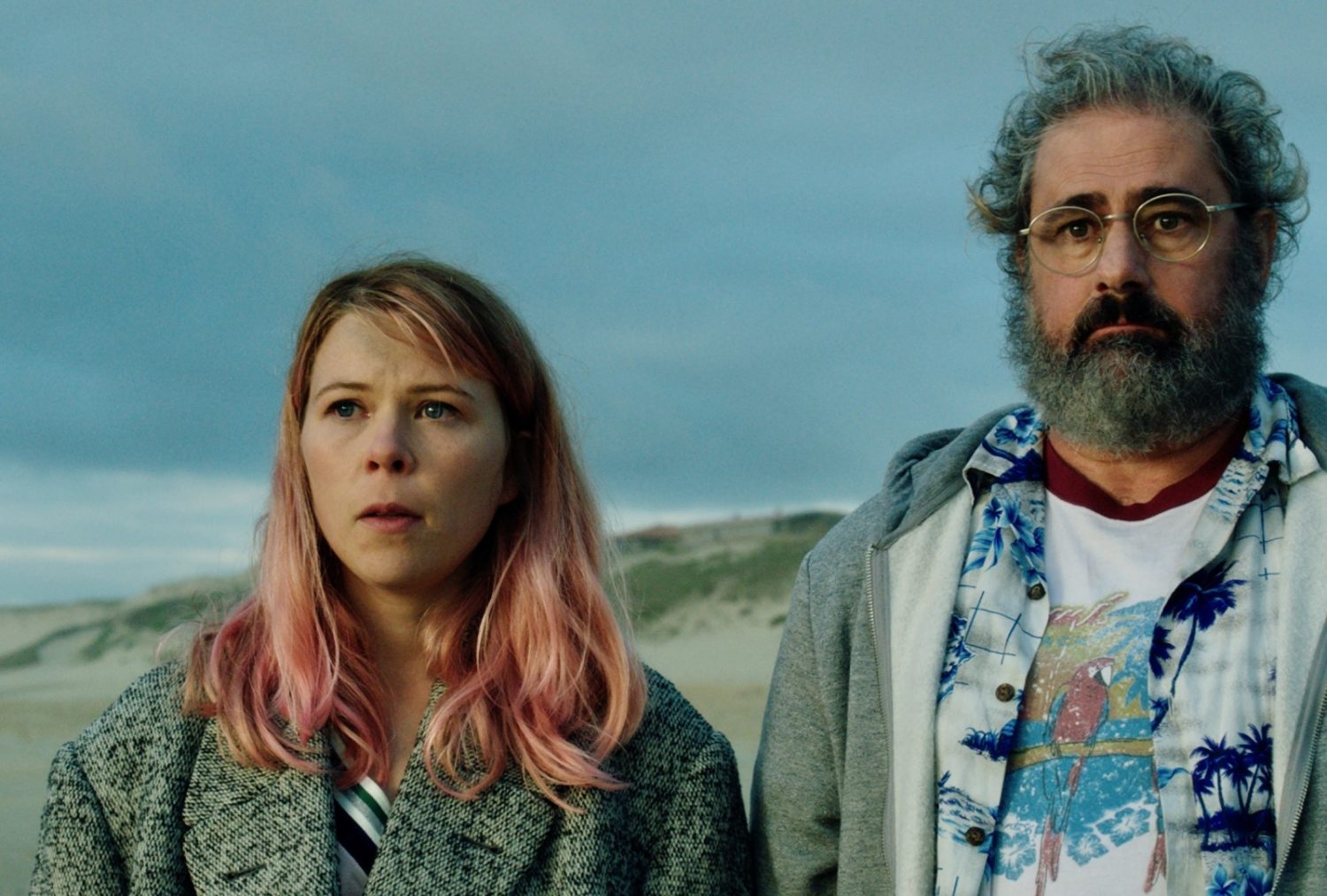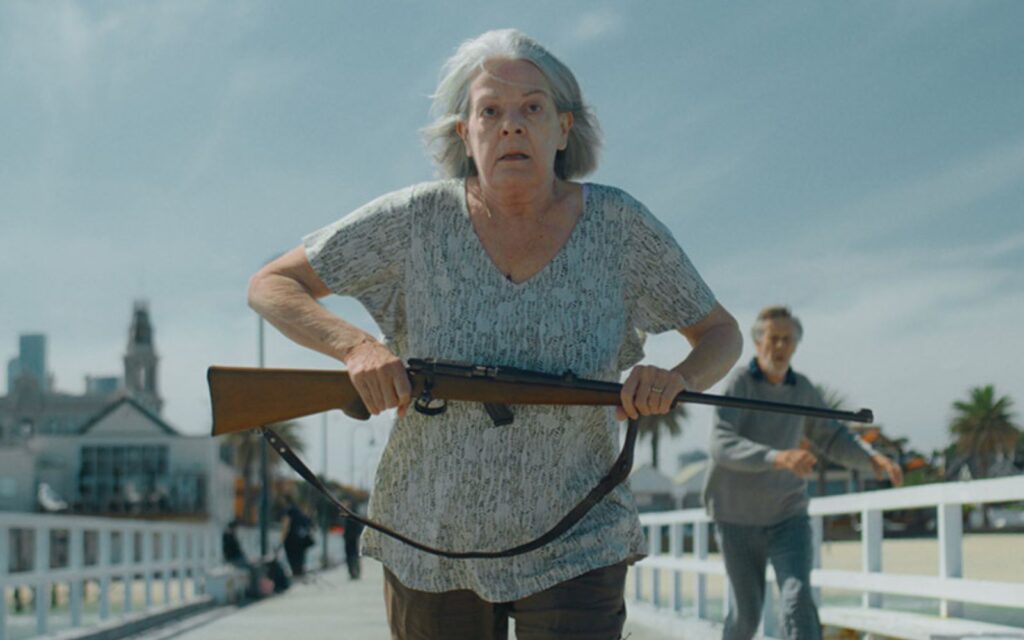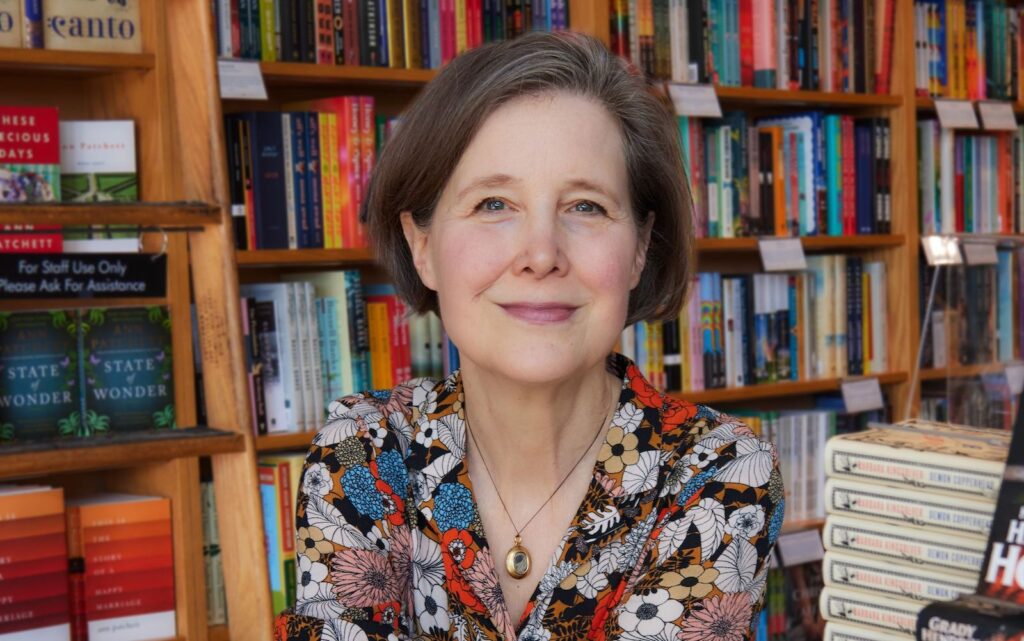The Environmental Film Festival Australia (EFFA) kicks off this week with its first-ever digital program, Out of This World.
Now in its tenth year, EFFA has adapted to 2020 with grace, opting to split the festival into four seasonal instalments. The first, Out of This World – a sci-fi themed mini-festival – is being held online while Melbourne remains under restrictions. From Thursday October 29 until Sunday November 8, a ticket will get you on-demand access to a host of captivating films, insightful conferences and free events for kids.
In line with these strange times, Out of This World’s curated program is an exploration of the intersection of the arts, science and philosophy, with an intent to ignite conversations on the environment with a speculative flair.
We chatted to EFFA 2020 director, Nathan Senn, to find out what audiences can expect from the upcoming program.
“Out of This World is going to look at science fiction, speculative fiction, interplanetary interpretations of environments, and how they could look in a couple of years. It’ll consider how we could potentially look outside of our immediate environments when we think about how we can face environmental challenges moving forward,” says Senn.
“It’s quite different to what we usually do – it’s quite tightly curated – so we’re really looking forward to launching it.”
EFFA has reimagined the challenges posed by lockdown into an opportunity to diversify the program. Highlights include a workshop with Torres Strait-owned and operated catering company Mabu Mabu, which offers you the option to cook along from home, and for the kids, a space-shuttle building workshop using found materials to accompany the animated film, Boy and the World.
Opening night will see a special keynote address from British astrobiologist Dr Lewis Dartnell after the first film screening, Poissonsexe (Fishlove).
“He’s going to talk about space and astrobiology and how the evolution of that has led to the way that our environment currently is, and how we can think scientifically about making improvements to sustain our environment,” says Senn.
Dr Darnell will draw on the themes in Fishlove, a French science-fiction love story set in a post-apocalyptic future.
“It’s a little bit different to the fare we typically show. We’re usually very strong with documentaries because most environmental films are documentaries, but Fishlove is a narrative film, which is pretty exciting,” Senn says.
“It’s a bit quirky and a bit weird, but I think it’ll set the tone for the festival. It’s great to be able to play something that’s a bit light. I think a lot of people associate environmentalism with doom and gloom but this one’s hopeful and quite sweet and funny. I think it’ll be really refreshing for our audiences and probably much needed, given everything that’s going on.”
And indeed there has been a lot going on. For Melburnians packing several months of hard lockdown in their own personal space, the theme, Out of This World, may have a distinct appeal.
“I think with lockdown, everyone’s so sick of their immediate environments. I think there’s something really nice about the idea, Out of This World, because there’s a degree of escapism, it allows people to sort of get out and start thinking about different worlds,” says Senn.
“Film is transformative. If it takes you to America, or Canada, or the other side of the world, if it takes you into space or an underwater landscape… I think that it’s great to be able to start thinking about the environment in a more global, but also interplanetary and more diverse way.”
Landscapes are a key motif explored in the program. Echoes in the Invisible is a philosophical film which looks at various people’s relationship with their immediate environments – from astronomists, to monks and journalists. The forward-looking Meat the Future looks past our failing food systems to the work being done in cellular agriculture, creating lab-grown meat for a more sustainable future.
For longtime fans, this year’s EFFA program will be a bit different but if it’s one thing 2020 has taught us, it’s to expect the unexpected.
“It’s not the kind of EFFA they’ve come to know over the past ten years. But I think the exciting thing about that, too, is it really opens up entry points for new audiences, and people who might be interested in this way of thinking and these kinds of ideas. It’s a little bit more imaginative, it’s a little bit more philosophical, it’s a little bit more future-focused,” says Senn.
“There’s only so many times you can see Al Gore talking about climate change before you start to feel a bit numbed by it. So playing films like this is exciting, I think. And I’m hoping it’ll be exciting for our audience too.”
The Environmental Film Festival Australia takes place online from Thursday October 29 to Sunday November 8. Check out the program and grab your tickets here.
Never miss a story. Sign up to Beat’s newsletter and you’ll be served fresh music, arts, food and culture stories three times a week.







